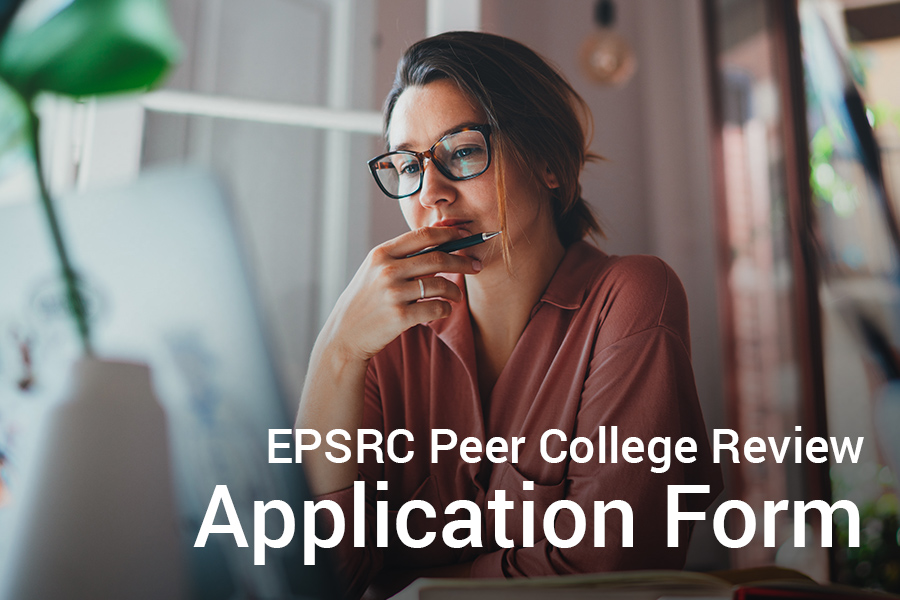We spoke to Dr Alain Zemkoho, an Associate Professor at the University of Southampton about his decision to join the EPSRC Peer Review College

Can you tell us a little bit about your experience of being on the EPSRC ECR forum?
I was a member of the Forum for three years and this was a very enriching experience. It gave me the opportunity to develop a deep level of familiarity with how the math research portfolio is built. In particular, I realised how important it is for academics to get involved in providing input that can positively influence various decision-making processes (e.g., selection of funding schemes and research priority areas.)
What are the benefits of taking part in the peer-review process?
It gives you the opportunity to gain insight in designing and developing research proposals; for instance, one might be considering applying for a specific funding scheme but has never seen a relevant proposal to help them prepare for it. Peer-review gives you an opportunity to see a proposal submitted for that scheme; this could help you to know what sort of material you might need to prepare, e.g., sourcing support letters or how to build a research team for your proposal.
What insights have you gained?
Through taking part as member of the Early Career Forum, the peer-review process, and the Prioritisation Panel, I have had the opportunity to experience how things work, from the building of EPSRC’s research portfolio to the final funding decision on research proposals. The later point is the most important one to me, as it can sometimes be very easy to complain and possibly blame EPSRC when your proposal is not funded. But, when you take part in all the decision steps, you start to sympathise a bit more with EPSRC and the process. I am not suggesting that the current process is perfect, but I am not sure either that there are alternatives that would be perfect.
Why are you now joining the college?
I plan to join the Peer Review College to keep engaging with EPSRC and participate in the decision-making process; keeping up to date with funding schemes and requirements, as well as insights on how to develop successful grant proposals.
Why is it important that OR is well represented at EPSRC?
Considering the level of influence that academics have in decision-making at EPSRC (e.g., through the Strategic Advisory Team (SAT) and the Early Career Forum), having OR well represented will help to get the needs of the community across to EPSRC and in the long run, it could possibly lead to the different sub-areas such as continuous and discrete optimisation, soft OR, etc. to be taken into account, enable more visibility for potential OR reviewers, and encourage more OR experts to be invited at Prioritisation Panels, and many other decision making structures.
How has being part of EPSRC helped you to better understand research strategy?
I think continuous and in-depth engagement with EPSRC can help you gain access to the organisation’s thinking in terms new funding schemes. For example, the recent government £300M funding allocated to EPSRC Mathematical Sciences led to the emergence of some important changes with new schemes like the Small Grants Scheme and more funds allocated to existing schemes. Getting access to this information, often early in the process, can sometimes give you a competitive edge.
What networking benefits are there?
There are at least two networking benefits that I found through engaging with EPSRC. First, being able to know who to talk to when you have questions. One important thing that I have learned with the math team is how open they are, through direct phone calls or other means, to discuss anything in relation to proposal development. Secondly, the opportunity to learn from the experience of colleagues from different math research areas. In terms of research strategy and grant development – recently, there have also been joint meetings between the Mathematical Sciences and Engineering Early Career Forums, which could provide a platform for fruitful discussions on interdiscipnarity.
Do you feel being part of the College has a reputational benefit?
I believe that this has the potential to enhance someone’s profile in recruitments or promotions, as it conveys their ability to understand the importance of funding in research and the development of a research strategy.









